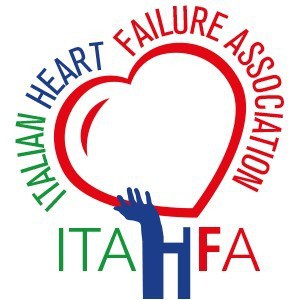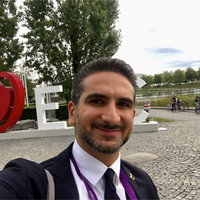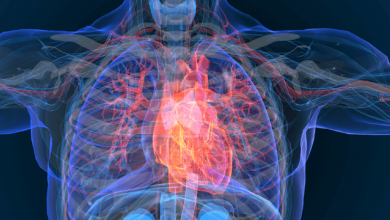Search results
Author(s):
Ovidiu Chioncel
,
Sean P Collins
,
Stephen J Greene
,
et al
Added:
3 years ago
Hospitalisation is a critical event in the clinical course of heart failure (HF) and despite relatively rapid relief of symptoms, hospitalisation is followed by an increased risk of death and re-hospitalisation.1 While performance measures have been developed in the last few years with the intent of improving post-discharge outcomes, post-discharge mortality rates remain unchanged or have…
View more
Author(s):
Tania Deis
,
Kasper Rossing
,
Finn Gustafsson
Added:
1 year ago
Author(s):
Nicholas Wettersten
,
Alan S Maisel
Added:
3 years ago
Cardiac troponin (cTn) is the core biomarker for the diagnosis of a myocardial infarct (MI).1 Indeed, as stated in Table 1, it meets all the definitions of a biomarker for acute coronary syndrome (ACS), as suggested by Maisel.2 In the setting of ACS, in addition to its diagnostic use, it is prognostic, clinically actionable and can be monitored during therapy as a surrogate of improvement. In…
View more
Giuseppe Galati
Research Area(s) / Expertise:
Job title: Consultant Cardiologist Heart Failure and Cardiomyopathies
Author
Author(s):
Marco Metra
,
Elisabetta Dinatolo
,
Nicolò Dasseni
Added:
3 years ago
Despite improvements in treatment, heart failure (HF) continues to have a progressive clinical course characterised by worsening of cardiac function and clinical condition, leading to a stage of advanced chronic HF. At this stage, the clinical picture is characterised by severe symptoms, frequent episodes of decompensation, poor quality of life and poor survival. Evidence-based medical treatments…
View more
Author(s):
Sarah H Cross
,
Arif H Kamal
,
Donald H Taylor Jr
,
et al
Added:
3 years ago
Heart failure (HF) is estimated to affect 26 million people worldwide and is responsible for an annual global economic burden of US$108 billion.1,2 An ageing population and a reduction in mortality from other conditions such as acute MI are expected to result in an increased HF prevalence throughout much of the world.1,3–6 The prevalence of HF has particularly increased among those aged 85 years…
View more
Author(s):
Wan Xian Chan
,
Weiqin Lin
,
Raymond Ching Chiew Wong
Added:
3 years ago
Southeast Asian nations are increasingly facing a higher burden of cardiovascular risk factors,1 which in turn correlate with a propensity towards cardiac-related diseases including heart failure (HF). In Singapore, HF is the most common cardiac cause of hospitalisation, accounting for 17 % of all cardiac admissions2 In 2015, public hospitals recorded in excess of 5,700 unique HF admissions.3 The…
View more
Author(s):
Antoni Bayés-Genís
,
Germán Cediel
,
Mar Domingo
,
et al
Added:
1 year ago
Author(s):
Mark Sweeney
,
Angela Yiu
,
Alexander Lyon
Added:
3 years ago
Cancer and the anti-cancer treatments prescribed by oncologists have long been known to have significant effects on muscle, causing a catabolic muscle wasting state and resulting in widespread and progressive atrophy of most muscle groups.1 This process contributes significantly to the cancer cachexia seen in up to 80% of all patients with cancer, resulting in progressive weight loss, loss of…
View more
Author(s):
David R Thompson
,
Chantal F Ski
,
Alexander M Clark
,
et al
Added:
1 year ago
















